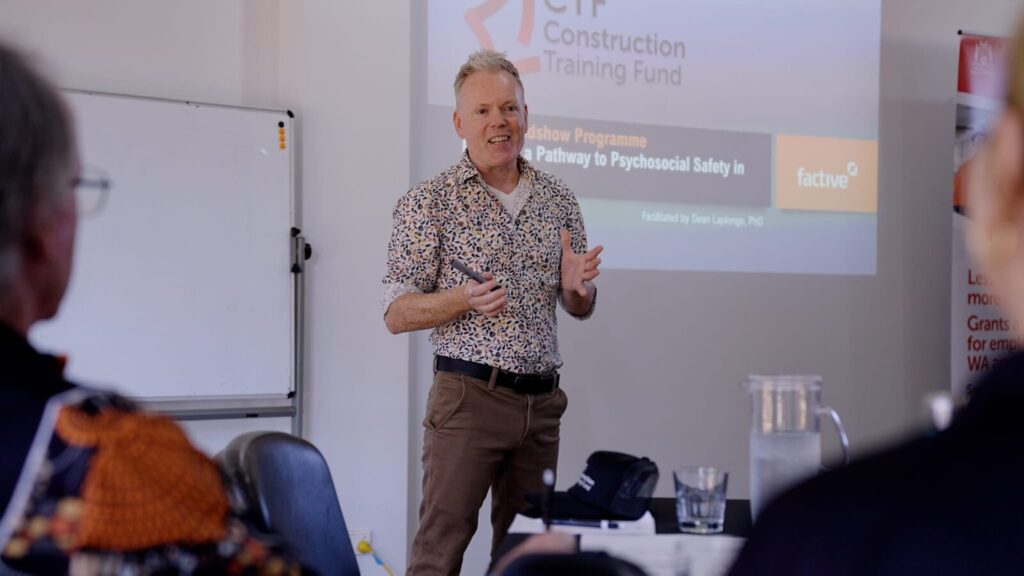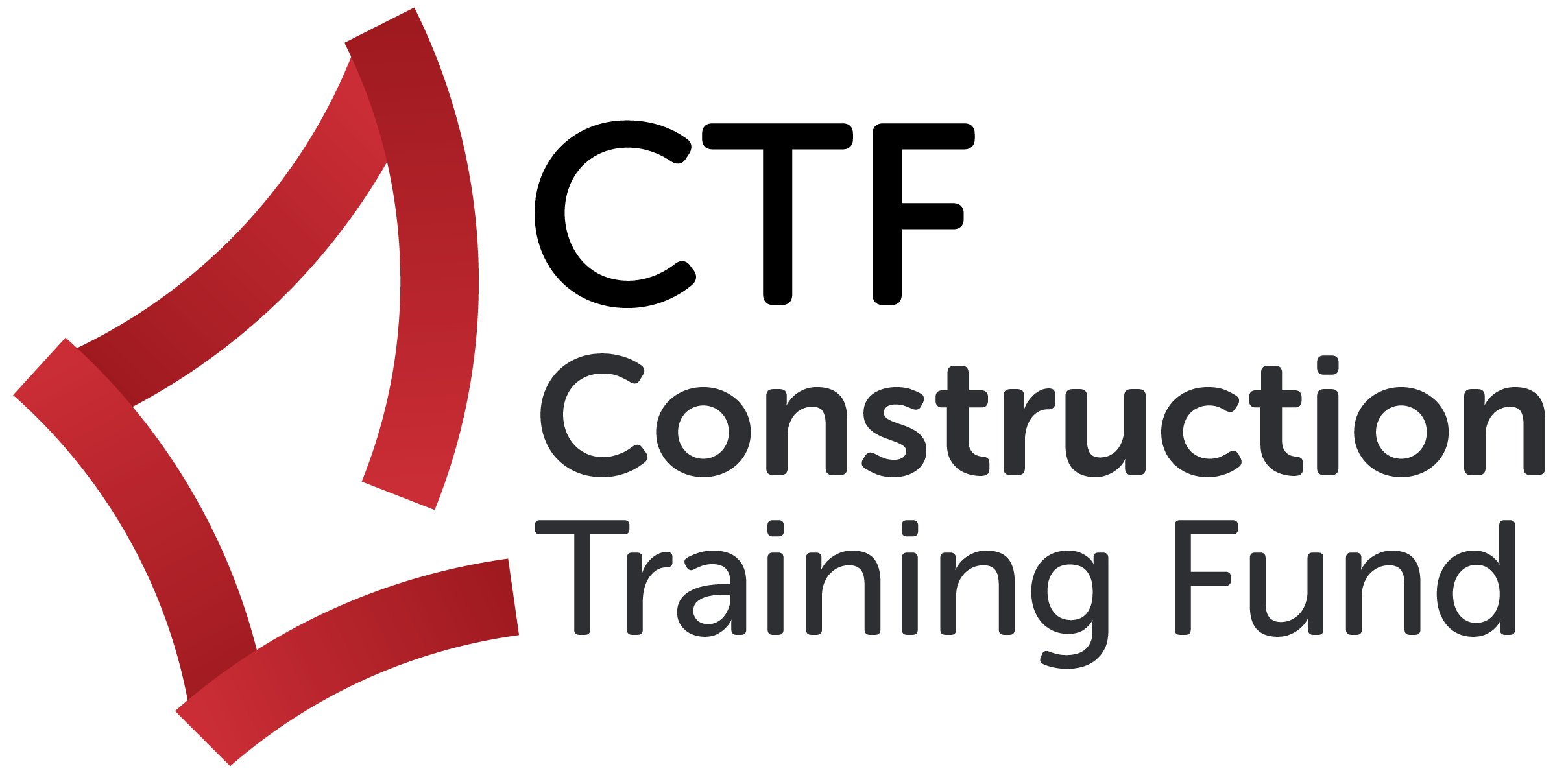
‘Sticks and stones may break my bones, but words will never hurt me’. Australians may have grown up hearing this; now the focus has shifted from the physical hazards workers can encounter to the mental ones. And the construction industry is at the helm of the change, with a series of free workshops tackling psychosocial hazards in the construction industry having taken place across the state this August and September by Construction Training Fund. And that was just the beginning.
What is a psychosocial hazard?
A psychosocial hazard is an encounter or incident in the workplace that can cause mental or psychological harm. Bullying, harassment, poor support, discrimination, aggression or unrealistic job demands are some examples of psychosocial hazards. Psychosocial hazards can manifest in physical harm too, with stress leading to neck and back pain and tension headaches, as well as difficulty with sleeping and digestion and an increased risk of heart disease. .
What has psychosocial safety got to do with the construction industry?
While the construction industry is taking positive steps to address psychosocial hazards through legislation and education, there are serious underlying issues to address. 190 Australians working in the construction industry take their own lives every year, according to Mates in Construction WA. This means a construction worker is lost to suicide every second day.
“It’s a really serious issue,” said CEO of CTF, Tiffany Allen. “It’s something that is not new to this industry or across many industries. What is new is how we are bringing awareness to the issue.
“We really want to share and talk about what psychosocial hazards actually are, so we can get a broad understanding to manage the work health safety of all employees. We want people to go home feeling good about where they work, their working day and feel like they’re a part of the team.”
What action is being taken to improve it?
A new model Code of Practice on Managing psychosocial hazards at work and changes to the Work Health and Safety Act in 2023 have put psychosocial hazards on a level with physical hazards at work, stating that time off work for psychological injuries is almost four times longer than for other injuries. The act calls for businesses to increase awareness on psychosocial hazards with education and training key to the strategy.
How is CTF helping?
CTF ran a series of free psychosocial workshops across WA, moderated by Dr Dean Laplonge to open up the topic industry-wide. The workshops covered the main psychosocial challenges, attendants’ lived experiences, how construction companies are managing the risks and the support available.

Understanding the importance of fostering safe and healthy workplaces, they’ve also teamed up with:
- Mates in Construction WA Ltd
- Australian Psychological Services
- Centrecare and Access Wellbeing Services
These mental health organisations and experts will deliver key training and awareness programs to enhance well-being across the industry.
What does this mean for you?
It means that the support is there to make things better for you and the people in your industry. Over 150 people from the construction industry across WA participated in the workshops. As Minh Khai Bui, who attended the Port Hedland workshop, put it:
“The workshops gave attendees practical tips to enhance workplace mental health and got us to open up our thinking around what the real workplace safety issues are.”
For more information about what CTF support and funding may be available to you, please contact us.
Last modified on:

